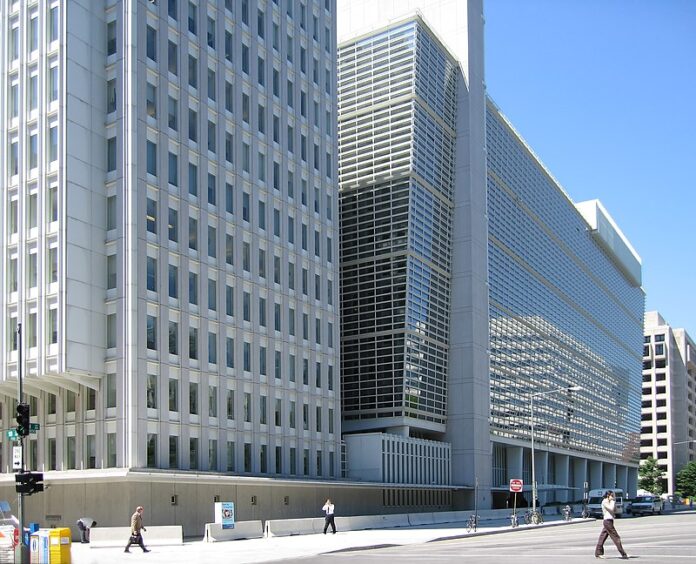Spokesman Report
WASHINGTON: The World Bank Group’s Boards of Executive Directors today discussed the new Country Partnership Framework (CPF) for Pakistan, which aims to support inclusive and sustainable development through a strong focus on building human capital; fostering durable private sector growth; and building economic, social and environmental resilience in the country.
“Our new decade-long partnership framework for Pakistan represents a long-term anchor for our joint commitment with the Government to address some of the most acute development challenges facing the country: child stunting, learning poverty, its exceptional exposure to the impacts of climate change, and the sustainability of its energy sector,” said Najy Benhassine, World Bank Country Director for Pakistan. “Support to policy and institutional reforms that boost private sector-led growth and create fiscal space to finance the investments needed to address these challenges will remain key in our engagements.”
The CPF will support six key country outcomes:
- reduced child stunting through increased access to clean water and sanitation services, basic health and nutrition and family planning services
- reduced learning poverty through quality foundational education
- increased resilience to floods and other climate-related disasters and better food and nutrition security in the face of climate impacts on the water-agriculture nexus
- cleaner and more sustainable energy and better air quality
- increased fiscal space and better management and more progressive public expenditures for development
- increased productive and inclusive private investment, particularly to improve external trade balances and higher, more sustainable growth.
These outcomes will be supported by cross-cutting interventions in social safety nets and financial inclusion to support and protect the most vulnerable populations, particularly women, as well as digital and transport connectivity.
Achieving these ambitious goals will require leveraging resources through enhanced private sector engagement and increased joint financing and coordination with other development partners.
“We are focused on prioritizing investment and advisory interventions that will help crowd-in much needed private investment in sectors critical for Pakistan’s sustainable growth and job creation, including energy and water, agriculture, access to finance, manufacturing and digital infrastructure,” said Zeeshan Sheikh, International Finance Corporation Country Manager for Pakistan and Afghanistan. “We are also collaborating with public and private partners to address key policy challenges that inhibit a more inclusive participation of the private sector in Pakistan’s economy.”
“Guarantee instruments under the World Bank Group’s Guarantee Platform will support private investment in areas consistent with the development outcomes under the CPF where the domestic and foreign private sector has a role to play,” said Şebnem Erol Madan, the Multilateral Investment Guarantee Agency Director of Economics and Sustainability.
A series of policy notes and other analytical work helped inform the CPF priorities, together with extensive consultations across the country with key stakeholders including the government, private sector, civil society, think tanks, academia, media, and development partners. The CPF has also been informed by the Government’s priorities, both at the Federal and Provincial levels, as well as lessons learned from the previous country engagements. It is also well aligned with key objectives of the recently launched National Economic Transformation Plan, Uraan Pakistan, and those of the Prime Minister’s Economic Transformation Agenda and Implementation Plan.



